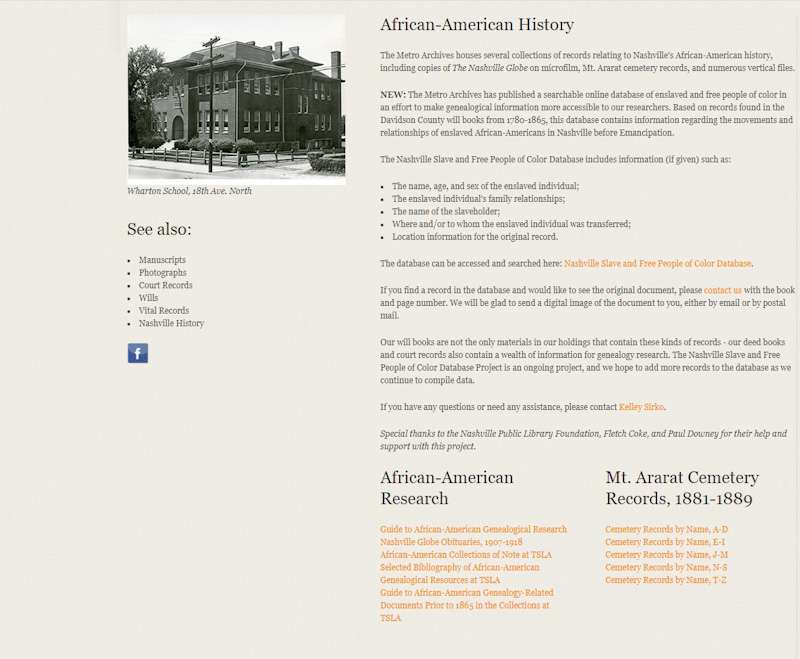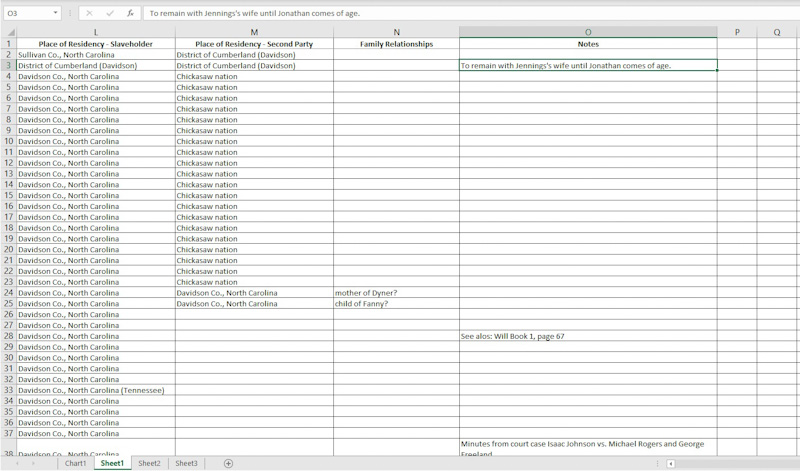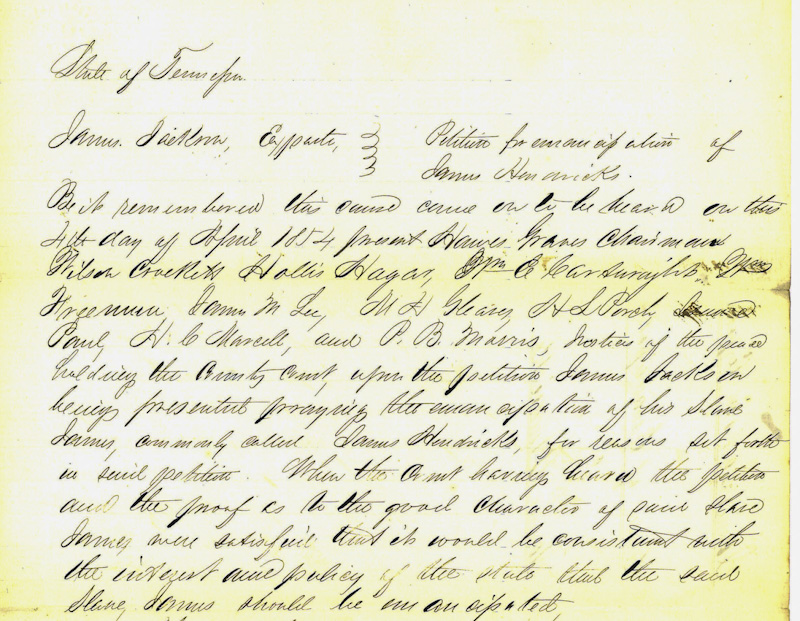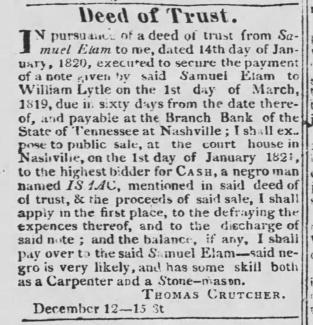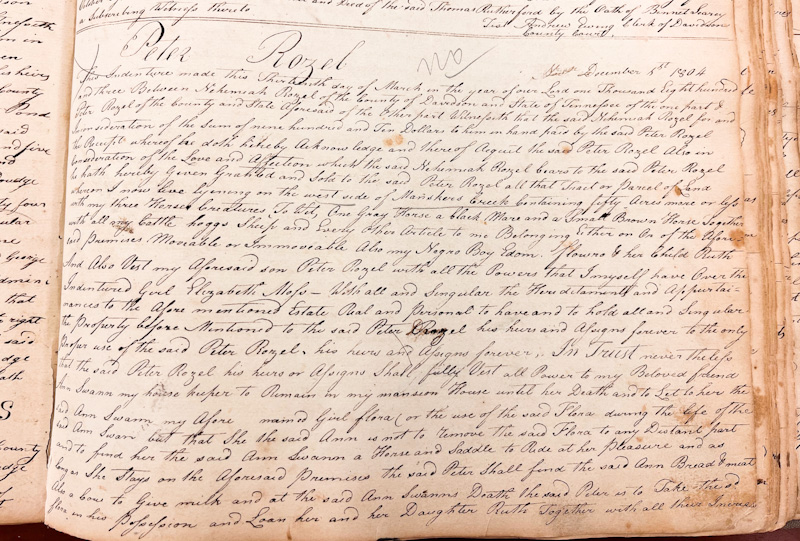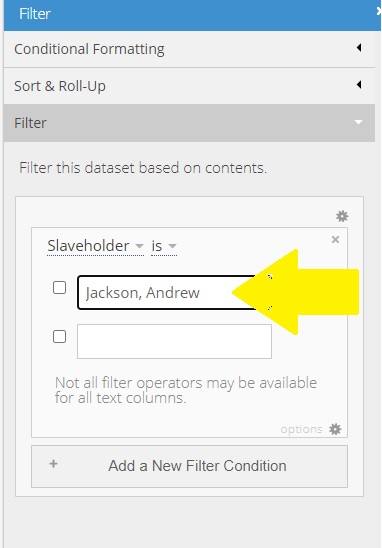
Conducting genealogy research is something I always say is not for the faint of heart; plan to be making a major commitment of your time and money.
If you're lucky, someone in your family has already done most of the research for you. But that's definitely not always the case, and the research can be that much more challenging depending on race, religion, location, or sometimes last name (for instance, if you have a common last name). But that's something we're always working on here at the Archives—making research easier for everyone.
One of those projects that Metro Archives has been working on for quite some time is the Nashville Enslaved and Free People of Color Database (NSFPCD). The Tennessean recently published an opinion piece about it, so I thought I'd provide further details of what the database includes, how it got started, and what's next to be added to it.
So let's begin with how the project got started...





